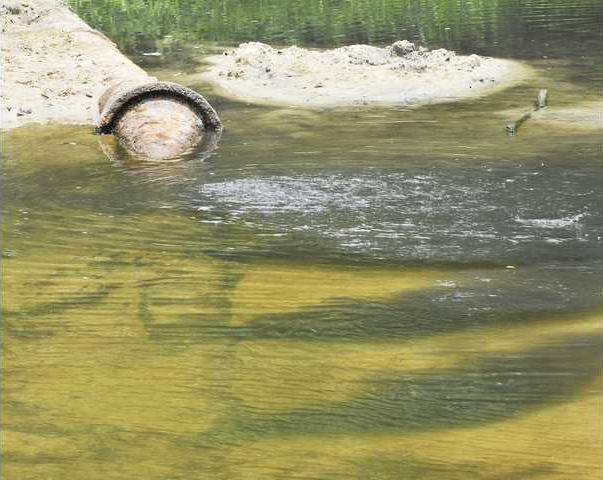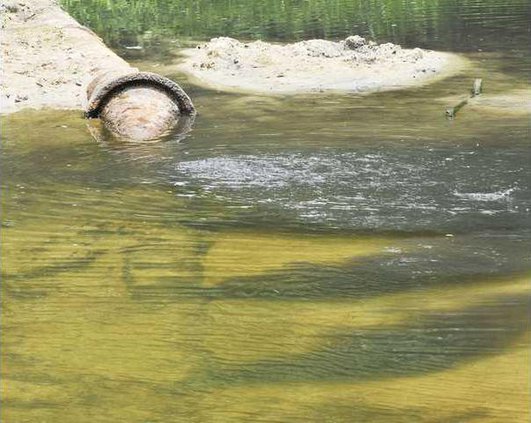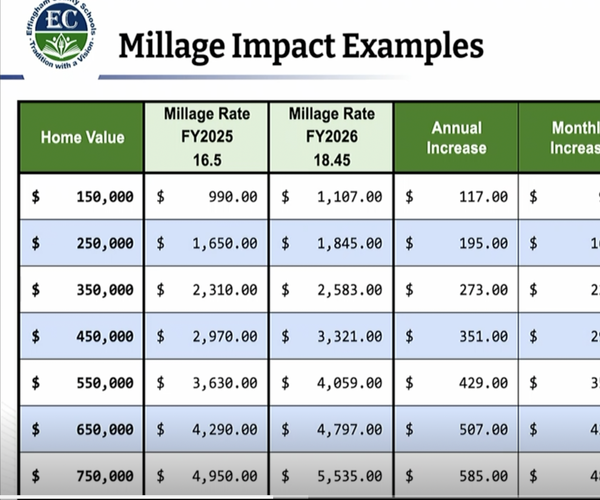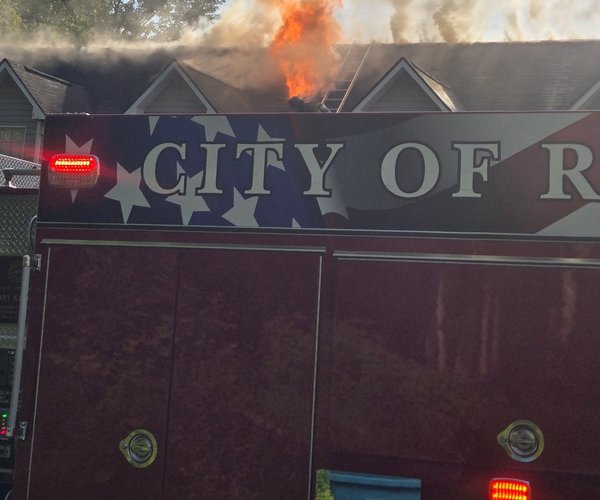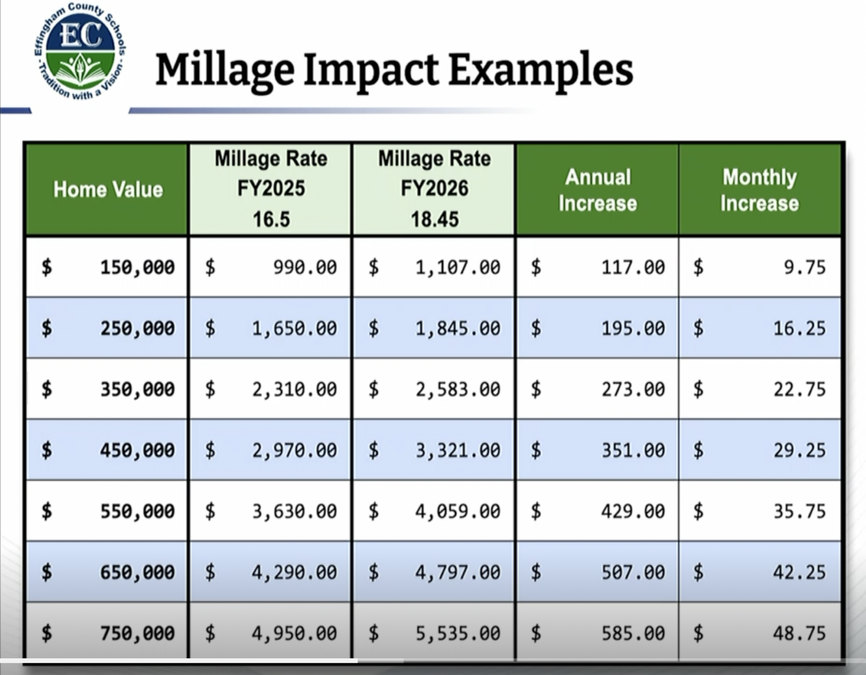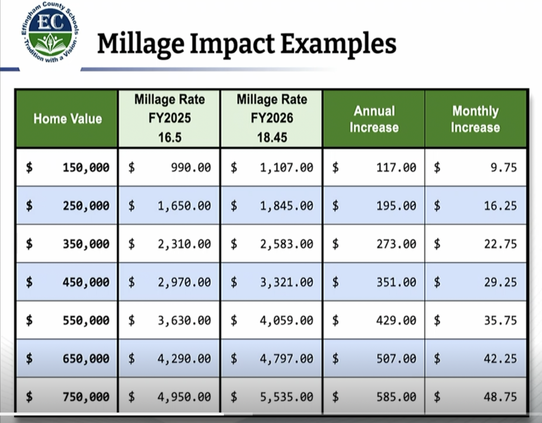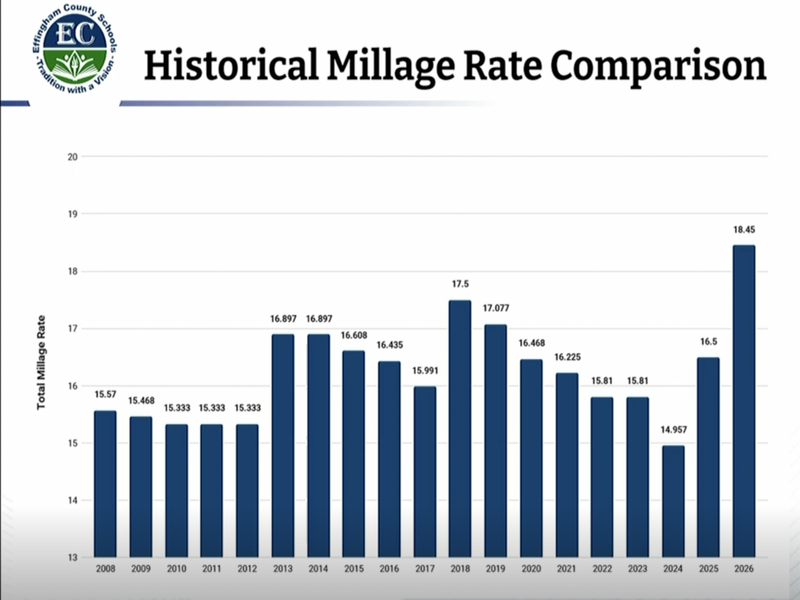A textiles treatment plant in Screven County has been given 60 days to respond to allegations the plant is dumping chemicals into the Ogeechee River.
The Ogeechee Riverkeeper has filed a complaint against King America Finishing, Inc., a textiles treatment plant near Dover in Screven County, with illegal dumping. If they do not respond and reach an agreement to cease the alleged illegal dumping, then Ogeechee Riverkeeper Dianna Wedincamp said her organization will file suit against the company.
The action follows a massive fish kill in May she said was caused by chemicals poured into the river through the plant’s outfall pipe, six miles north of the Highway 301 North bridge.
The “Ogeechee Riverkeeper’s mission is to protect and preserve the Ogeechee, Canoochee, and coastal rivers,” Wedincamp said. “Ensuring these rivers are free from pollution is Ogeechee Riverkeeper’s top priority.”
The “60-Day Notice of Violations and Intent to File Citizen Suit” was filed under Section 505 of the Clean Water Act, she said.
“King America Finishing, Inc. is in violation of the Clean Water Act as a result of the ongoing unpermitted discharges from its textile facility, which is operating under National Pollutant Discharge Elimination System (“NPDES”) permit number GA0003280,” she said in a statement, which alleges the plant “is discharging color, ammonia and formaldehyde in violation of its permit and Georgia water quality standards.”
The plant is being investigated by the Georgia Environmental Protection Division, but officials will not comment on the ongoing investigation.
The discharges are also in violation of state water quality and numeric permit limits for pH, Wedincamp said. Wedincamp added she and concerned citizens have conducted tests that show the water samples taken south of the plant in May and June exceeded the legal pH level.
“Georgia’s state water quality standards require ‘all waters shall be free from material related to municipal, industrial or other discharges which produce turbidity, color, odor or other objectionable conditions which interfere with legitimate water uses,’” she said.
King America’s permit specifically states that the plant “may not discharge toxic pollutants in concentrations or combinations that are harmful to humans, animals, or aquatic life.”
The Ogeechee Riverkeeper “stepped up its monitoring and testing of water and sediment in the river” after the fish kill that left over 33,000 fish rotting along the river, Wedincamp said. The fish died of columnaris, a bacterial disease caused by environmental stress. Wedincamp said it was caused by the toxic waste discharged.
“Those tests revealed elevated levels of multiple pollutants at and downstream from King America Finishing’s discharge pipe,” she added.
Through the notice of violation, Ogeechee Riverkeeper demands the plant cease violations of its permit. Wedincamp said complaints to state agencies that monitor the plant have been unproductive.
“We’ve received complaints from citizens about this site going back to 2002. Unfortunately, repeated complaints to state and federal agencies have failed to adequately address the problems with this discharge,” she said. “By bringing this litigation, which will be costly and time-consuming for our organization, we hope to prevent King America Finishing Inc. from causing future harm to the Ogeechee River.”
She and other citizens, including one of three men who are involved in a class action suit against the plant regarding alleged river pollution issues, visited the plant’s discharge pipe July 16 and found dark blue-black liquid being pumped into the river.
Water sample tests results from that day have not yet been returned, she said.
Should King America CEO Mike Beasley not respond to the notice of violation and agree to cease the discharge as it is, Wedincamp said the Ogeechee Riverkeeper attorneys will file suit.
Efforts to reach Beasley for comments Thursday were unsuccesful.
